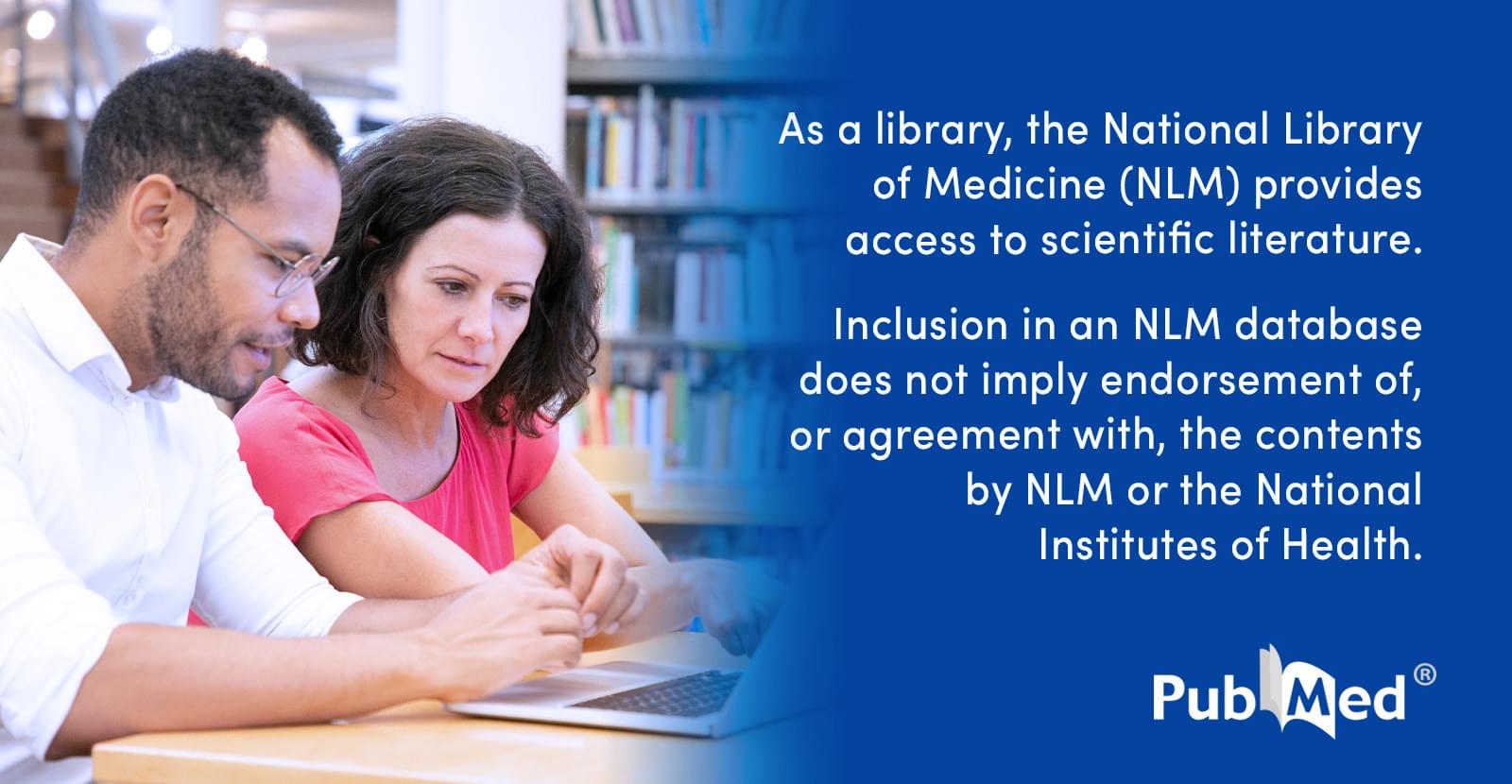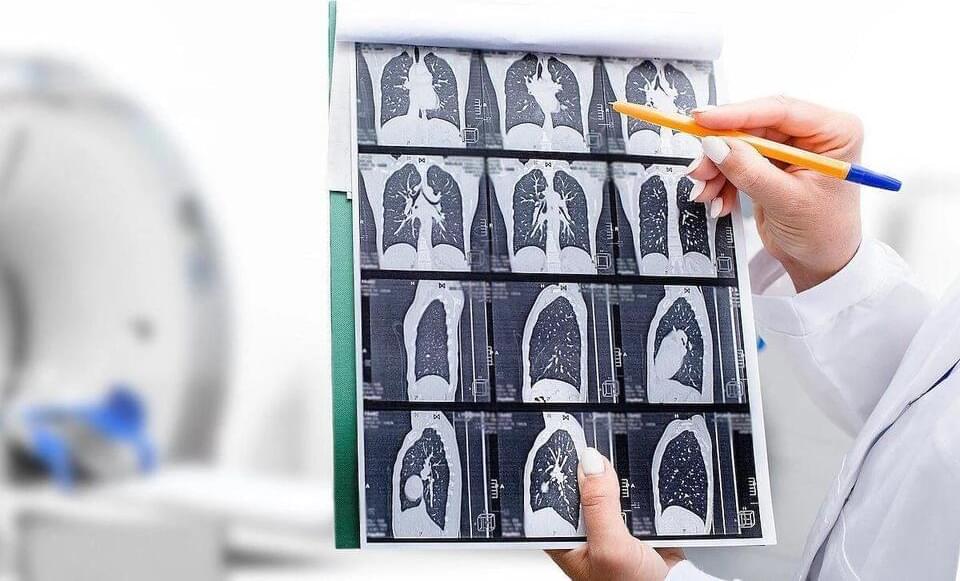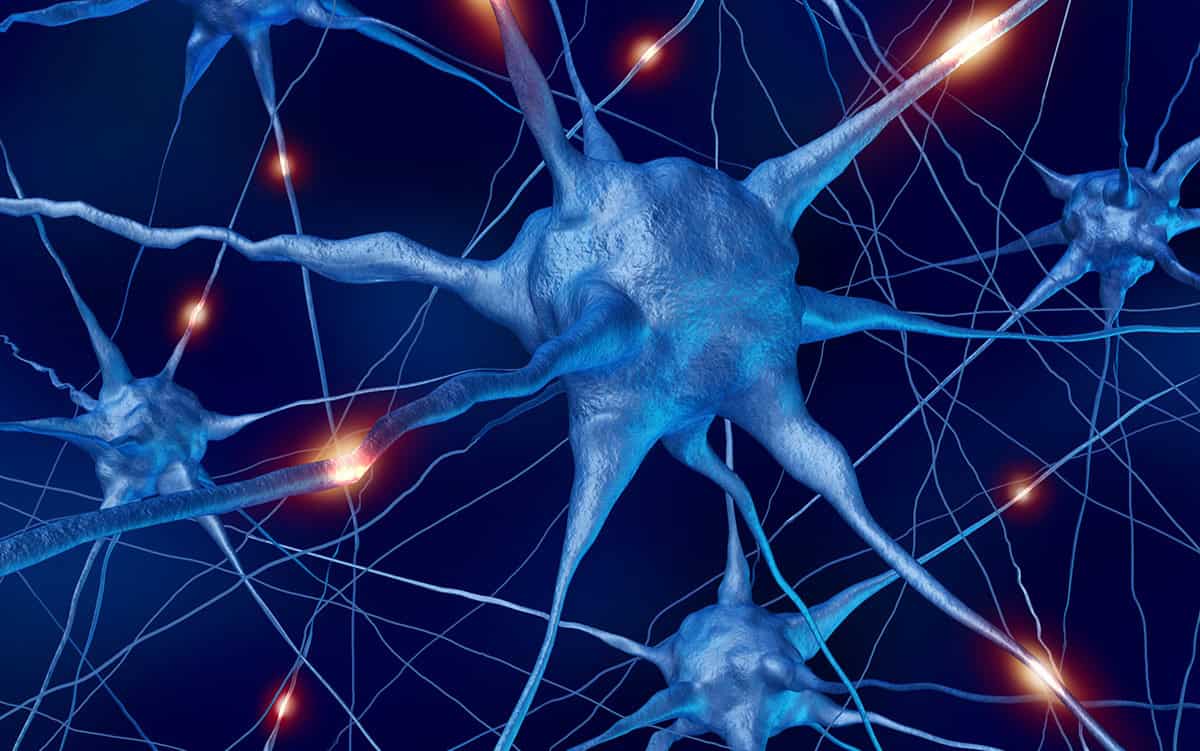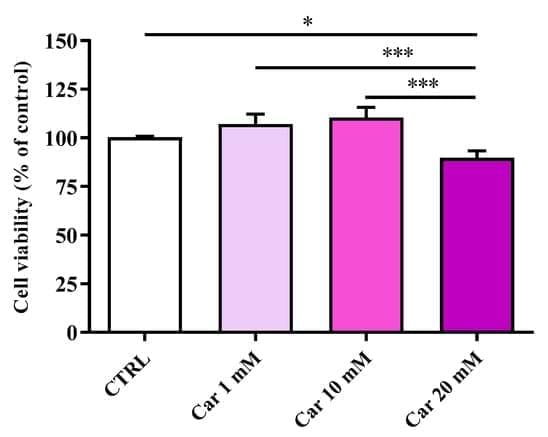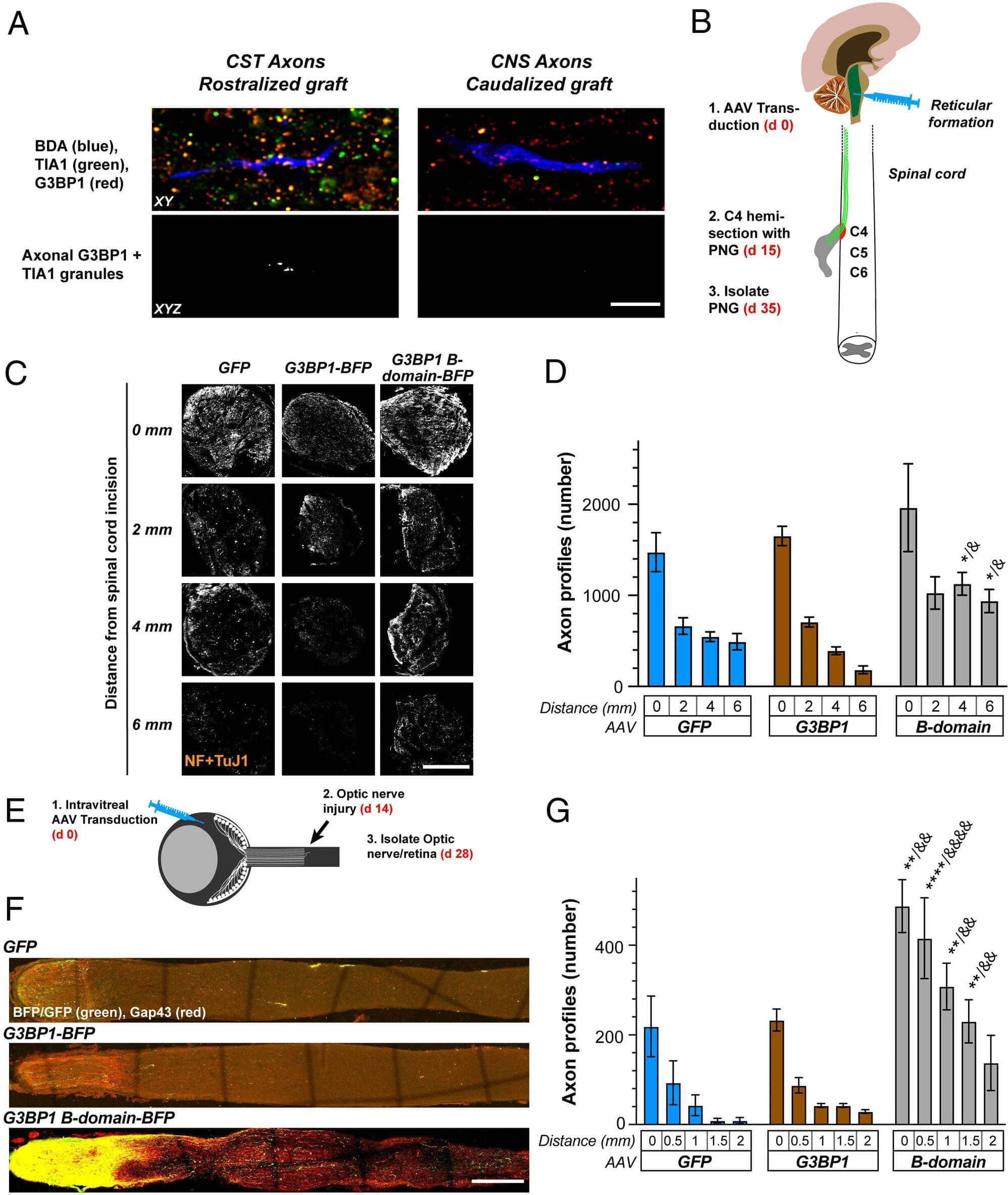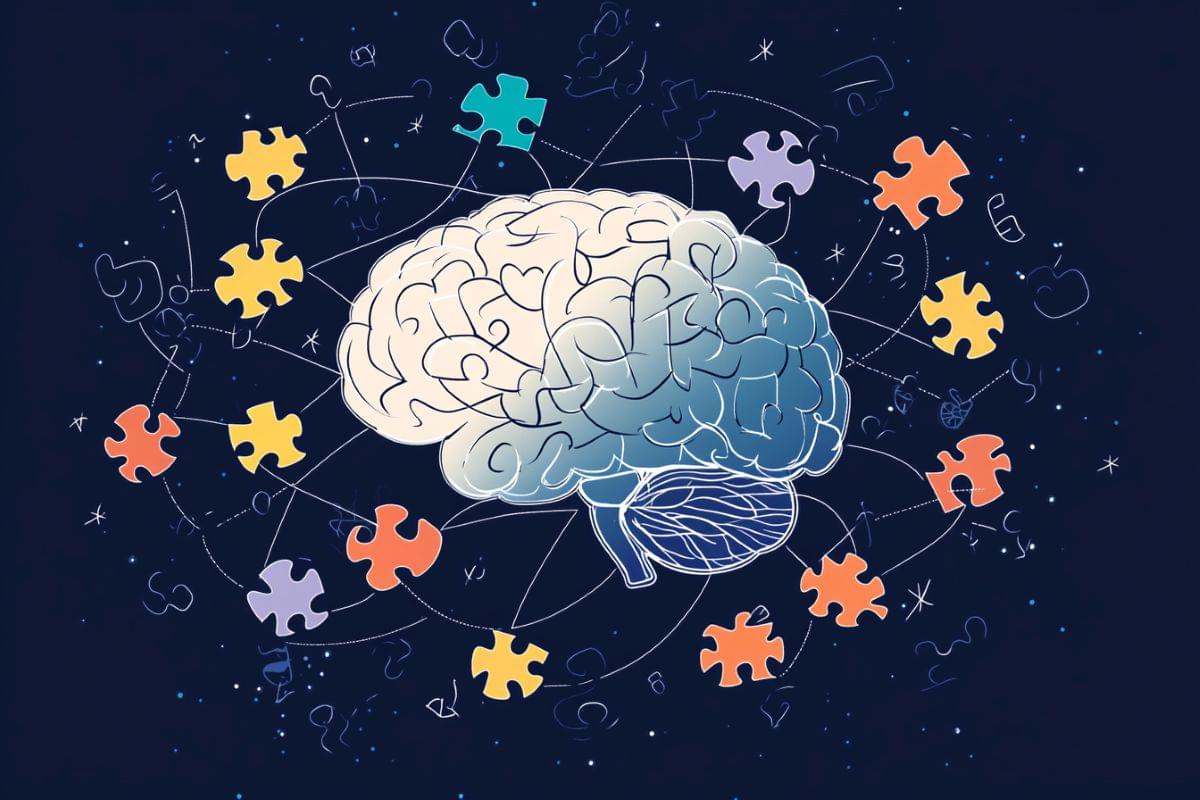Central sensitization: analysis by physio meets science.
Neurophysiological Mechanism of Central Sensitization in the Spinal Cord following Surgery:
▶️ Central sensitization was first described by Woolf in 1983 (https://pubmed.ncbi.nlm.nih.gov/6656869/) as a form of long-term adaptive neuroplasticity that amplifies the transmission of nociceptive information by affecting spinal cord neurons and is believed to be a principal neurophysiological mechanism with regard to pain persistence.
▶️ Peripheral nociception can trigger a prolonged increase in the excitability of dorsal root ganglia (DRG) neurons, which transmit nociceptive signals to the spinal cord, resulting in central sensitization.
▶️ This condition involves heightened responsiveness of spinal neurons, driven by signaling molecules like adenosine triphosphate (ATP) and neurotransmitters such as glutamate (Glu) and substance P (SP).
▶️ These molecules activate specific receptors on spinal neurons, including purinergic receptor 2 (P2-R), N-methyl-D-aspartate receptor (NMDAR), α-amino-3-hydroxy-5-methyl-4-isoxazolepropionic acid receptor (AMPAR), and neurokinin 1 receptor (NK1R).
▶️ The activation of these receptors sets off a cascade of intracellular pathways involving enzymes like calcium/calmodulin-dependent protein kinase II (CaMKII), protein kinase C (PKC), protein kinase A (PKA), mechanistic target of rapamycin (mTOR), phosphoinositide 3-kinase (PI3K), and extracellular signal-regulated kinases 1/2 (ERK1/2), all of which amplify the transmission of nociceptive signals to the brain.
